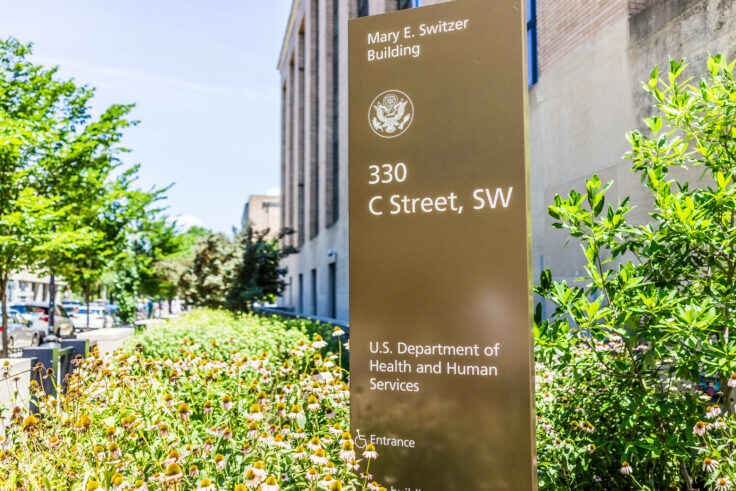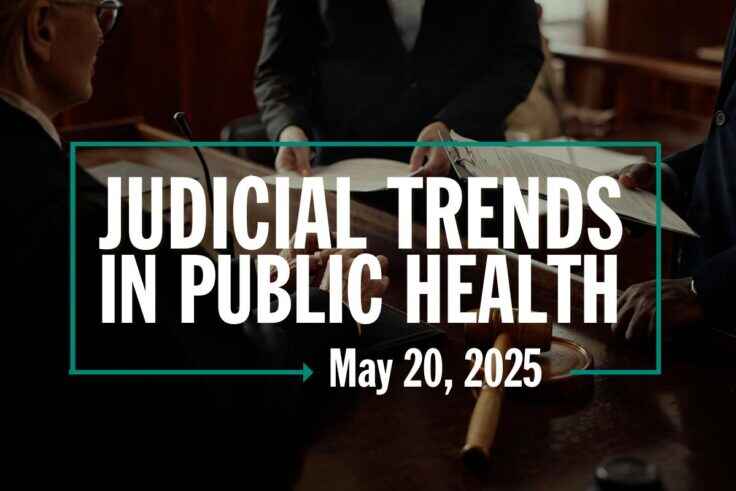Federal Vaccine Mandates: Assessing their Legalities
Overview
11:00 a.m. – 12:00 p.m. ET | February 24, 2022
Following the development and authorization of safe and effective COVID-19 vaccines and boosters, the Biden administration enacted a series of vaccine mandates in 2021. The most significant of these mandates applied to (1) federal workers and contractors, (2) large employers, and (3) health care workers.
View/download the Presentation Slides
While these mandates have been legally controversial since their inceptions, had they been implemented as designed, millions of additional Americans may have chosen to be vaccinated or seek additional preventive measures, potentially saving thousands of lives.
In January 2022, however, the U.S. Supreme Court struck down OSHA’s large employer mandate (while upholding the health care worker mandate). Federal mandates effecting federal workers and contractors are tied up in lower courts.
Recent judicial trends challenging these and other federal public health authorities raise significant concerns over the utility of mandates as a preventive measure. The Supreme Court’s treatment of the OSHA vaccine mandate foretells resonates critical constitutional themes of federalism and preemption. Changing judicial approaches on federal and state public health authorities to mandate vaccines clouds future efforts.
By attending this webinar, you will:
- learn about the major federal vaccine mandates and their current legal statuses based on select case outcomes;
- analyze judicial trends underlying changing attitudes and approaches; and
- assess the future of vaccine mandates and policies.
Moderator:
- Emely Sanchez, JD, MPH, Public Health Legal Fellow, Network for Public Health Law—Mid-States Region Office
Presenters:
- Leila Barraza, JD, MPH, Senior Consultant, Network for Public Health Law—Western Region Office
- Erica N. White, JD, Staff Attorney, Network for Public Health Law—Western Region Office
- Peter Jacobson, JD, MPH, Co-Director, Network for Public Health Law—Mid-States Region Office
You may qualify for CLE credit. ASLME is an approved provider of continuing legal education credits in several states ASLME will also apply for CLE credits in other states upon request. An email from ASLME regarding CLE credits will be sent to attendees following the webinar.



